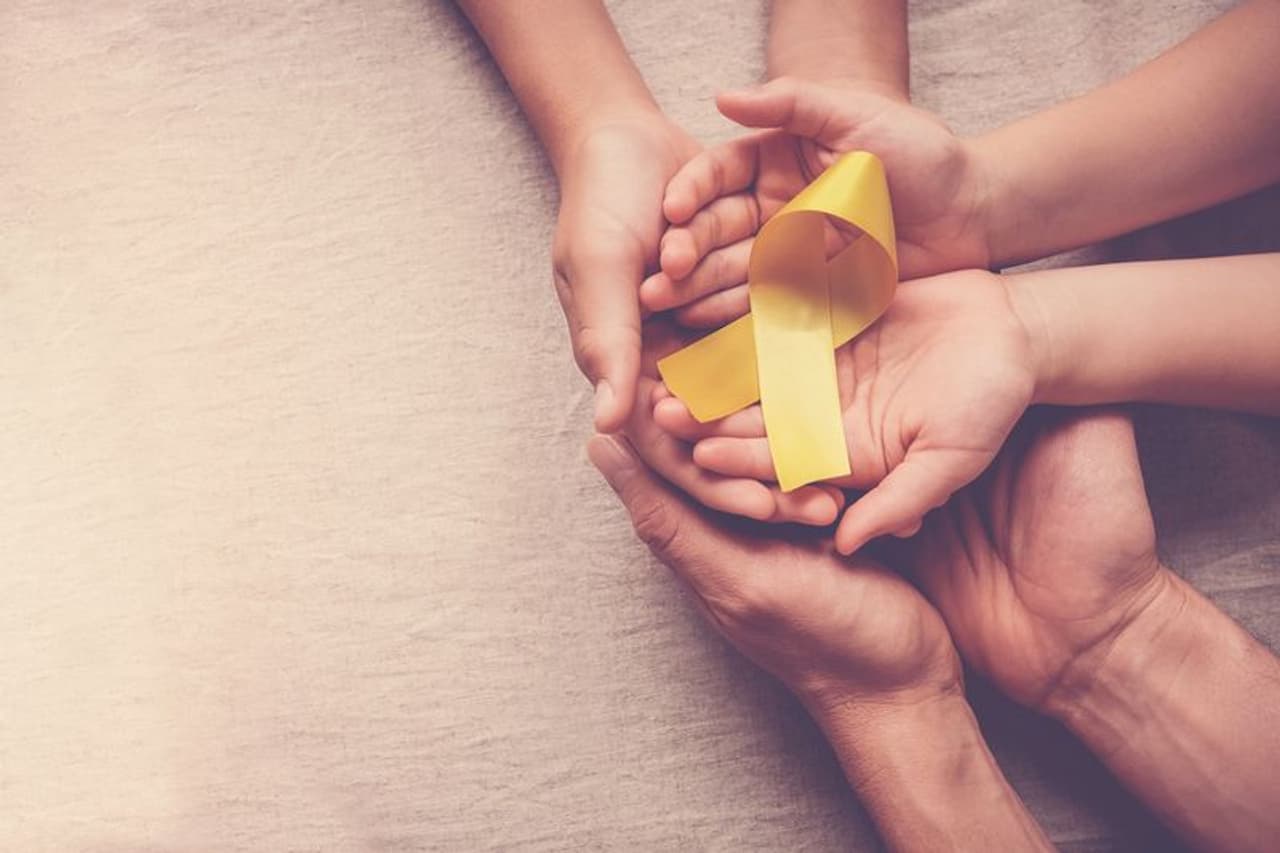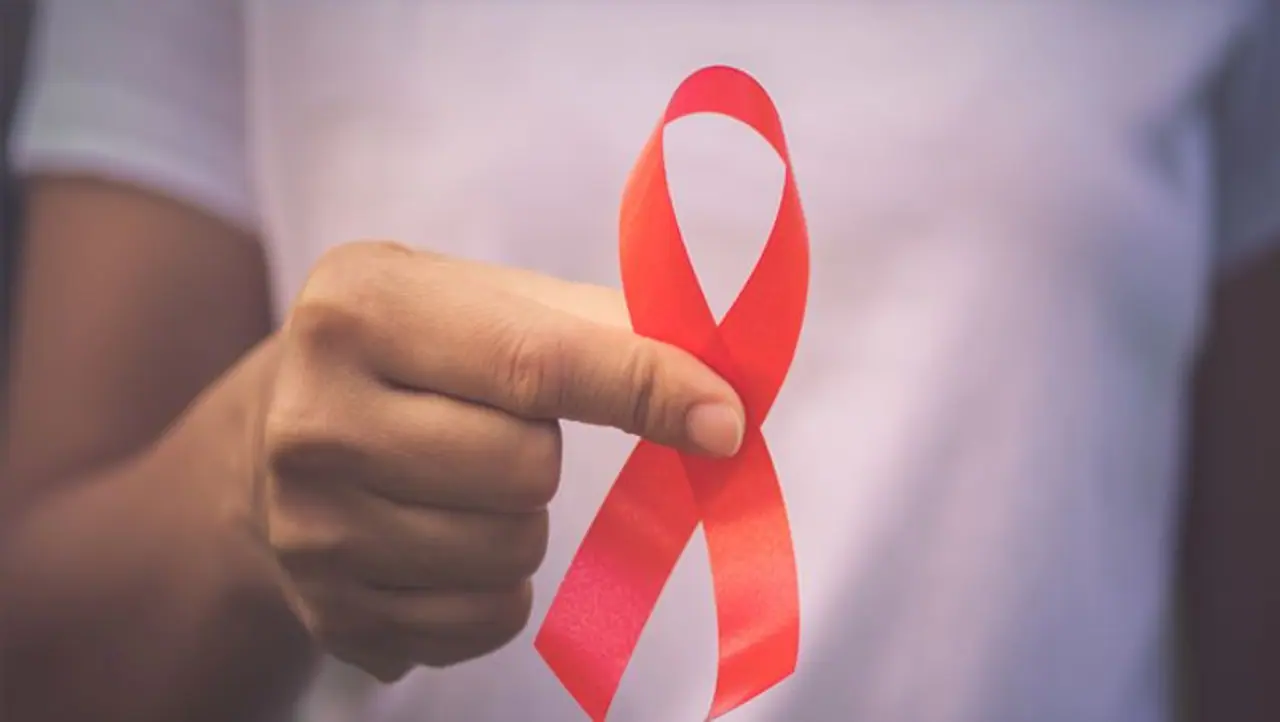We spoke to Dr Madhusudhan N, Consultant - Radiation Oncology, Fortis Hospital, Bannerghatta Road, Bengaluru, who spoke about children with cancer receiving the care they need to survive and thrive.
Childhood cancer is a devastating disease affecting children worldwide, with approximately 300,000 children diagnosed each year. According to GLOBOCAN, the number of new childhood cancer cases worldwide is estimated to be about 170,000 per year, with the highest incidence rates in North America, Europe, and Australia.

In India, childhood cancer is a growing concern with an estimated 20,000 new cases per year and a rising trend in incidence. The global impact of childhood cancer is profound and affects not only the diagnosed children but also their families and communities.
Taking action now to improve the care and treatment of children with cancer can have a tremendous impact on saving lives in the next decade. By improving the cure rates from 30% to 60%, we have the potential to save the lives of one millionchildren who would otherwise succumb to this devastating disease.
Also Read: Surprising benefits of lemongrass in your daily diet

To achieve this goal, it is critical to increase the capacity of countries to provide high-quality cancer services to children, especially in low- and middle-income countries. Governments must prioritize childhood cancer at the policy level to ensure that adequate resources and attention are directed towards this important cause. By working together, we can make significant progress towards ensuring that every child with cancer receives the care they need to survive and thrive.
Also Read: 4 Ways to keep sugar levels under control during wedding season
One of the biggest impacts of childhood cancer is on the children themselves. Cancer can profoundly impact a child's physical and emotional health, leading to a range of symptoms such as pain, fatigue, and emotional distress. The disease can also lead to serious long-term consequences, such as developmental delays, growth problems, and reduced quality of life. Children who survive childhood cancer may also face long-term physical and emotional challenges, including chronic health problems, cognitive and behavioral issues, and a reduced ability to participate in physical and social activities.

Families and communities also feel the impact of childhood cancer. The cost of treating childhood cancer can be substantial, and many families struggle to pay for their child's medical care. This can result in significant financial stress and can cause families to fall into poverty. In addition, the emotional toll of having a child with cancer can be devastating for families, leading to feelings of helplessness, guilt, and grief.
Also Read: Breast Cancer Diet: Know what food is essential for your body to cope with effects of cancer
In low- and middle-income countries, the impact of childhood cancer is even greater. These countries often lack access to adequate medical care and treatment for childhood cancer, and children may have to travel long distances to receive treatment. This can result in further stress and financial hardship for families and can limit children's access to life-saving treatments.

Despite these challenges, efforts are underway to improve the global impact of childhood cancer. Organizations such as the WHO and the International Childhood Cancer Day Coalition are working to raise awareness of childhood cancer and improve access to care and treatment for children worldwide. Through these efforts, it is hoped that the number of children diagnosed with cancer each year will decrease and that the impact of childhood cancer will be reduced for children, families, and communities worldwide.
In conclusion, childhood cancer is a global health issue that profoundly impacts the children diagnosed, their families, and their communities. While the challenges associated with childhood cancer are significant, there is hope that through increased awareness and improved access to care and treatment, the impact of childhood cancer will be reduced and more children will be able to survive and thrive.
